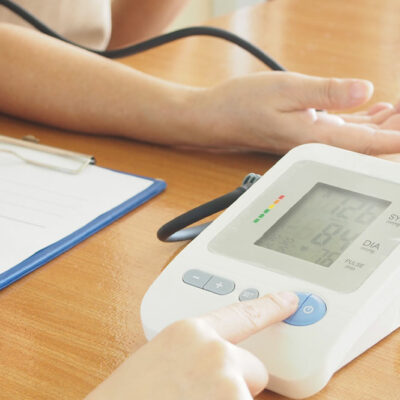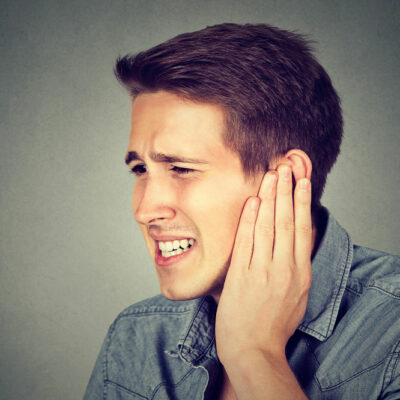
10 warning signs of eczema to watch out for
Eczema is a chronic, non-contagious skin disorder where the patient experiences recurring, painfully itchy rashes. It affects people of all ages worldwide, especially infants and young children. The skin barrier plays a vital role in the human body. Conversely, eczema weakens the skin barrier, making it vulnerable to infection and dryness. Though the illness has no known cure, there are several strategies to help people manage their symptoms. Some of the common warning signs of the condition are discussed below. Warning signs of eczema Persistent itching Eczema or atopic dermatitis is characterized by itching that triggers rashes. Itching is one of the first warning signs of the condition. Some people experience mild itching, while for others, it can disrupt their work and sleep. Therefore, itching is one of the symptoms to watch out for to initiate prompt treatment for eczema. Flu or cold Eczema may worsen if the patient is bedridden with an illness like the flu or a cold. An upper respiratory infection can cause inflammation and an eczema flare, even if it is not the main trigger. Dehydrated skin It may feel tight and dry even before the skin itches or turns red from eczema. It is because dryness indicates the malfunctioning of the skin barrier.
Read Article 









